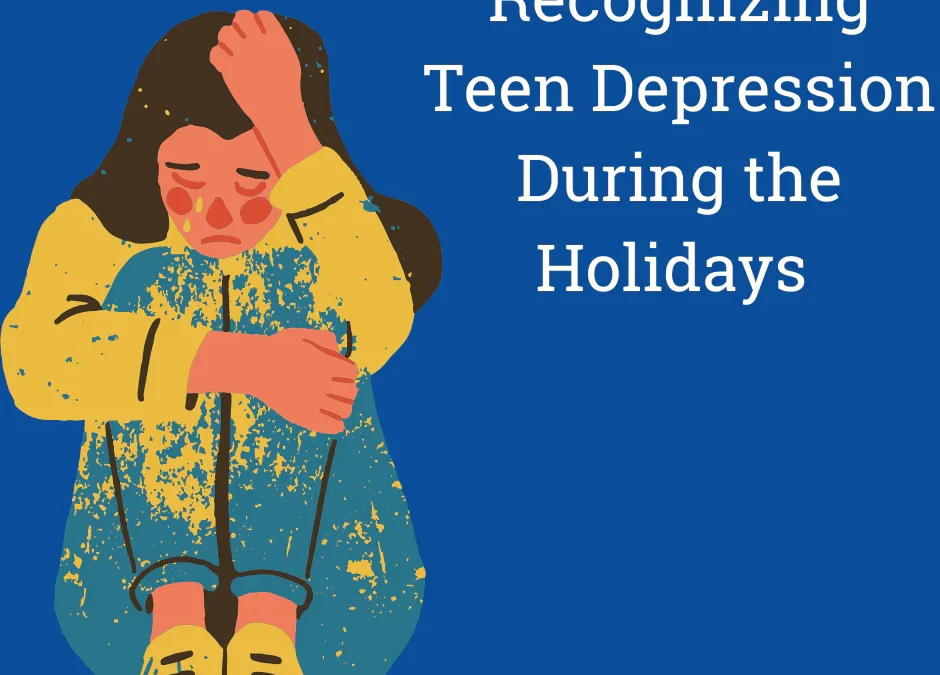The holiday season is often associated with joy, festivities, and togetherness. However, for many teenagers, this time of the year can bring about a unique set of challenges that may impact their mental health. From academic pressures to family dynamics and societal expectations, teens can find themselves navigating a complex emotional landscape during the holidays. This article explores the various factors influencing teen mental health during this season and offers guidance for both teens and their support networks.
Academic Stress and Pressure
As the holiday season coincides with the end of the school semester for many teenagers, academic stress tends to peak. The pressure to perform well in exams and complete assignments can take a toll on their mental well-being. Parents, educators, and peers must be attuned to signs of academic stress, such as changes in behavior, withdrawal, or increased irritability. Encouraging open communication and providing support can help teens manage their academic responsibilities while maintaining a healthy mental balance.
Social Expectations and Loneliness
While holiday gatherings may bring joy to many, they can also exacerbate feelings of loneliness and isolation in teens. Peer pressure and societal expectations about spending time with friends or having a perfect holiday experience can contribute to heightened stress. It’s essential for parents and guardians to create an open space for teens to express their feelings and concerns without judgment. Encouraging inclusive activities and fostering connections can help mitigate the impact of social pressures.
Family Dynamics
The holidays often mean increased time spent with family, which can be both a source of comfort and stress for teenagers. Conflicts, unresolved issues, or strained relationships may surface during this time. It’s crucial for families to acknowledge and address these challenges openly. Encouraging healthy communication, setting realistic expectations, and finding ways to create positive family experiences can contribute to a more supportive and understanding environment.
Financial Strain
Gift-giving, holiday celebrations, and other festive activities can place financial strain on families. Teens may feel a sense of guilt or responsibility, especially if they are aware of their family’s financial challenges. Open conversations about budgeting, setting realistic expectations, and emphasizing the importance of shared experiences over material possessions can help alleviate the financial burden and foster a sense of unity within the family.
Self-Care and Coping Strategies
Teaching teens effective coping strategies and self-care techniques is crucial for maintaining mental well-being during the holidays. Encouraging activities such as exercise, creative expression, and mindfulness can provide teens with healthy outlets for stress. Additionally, emphasizing the importance of adequate sleep, balanced nutrition, and regular physical activity contributes to overall mental resilience.
Seeking Professional Help
If signs of mental health struggles persist or worsen, it’s essential to seek professional help. Mental health professionals, such as therapists, counselors, or psychologists, can provide valuable support and guidance for teens facing emotional challenges. Encourage open communication and remove any stigma associated with seeking help for mental health concerns.
Conclusion
Navigating teen mental health through the holidays requires a combination of understanding, support, and open communication. By acknowledging the unique challenges faced by teenagers during this season and implementing proactive measures, parents, educators, and communities can contribute to the well-being of the younger generation. It’s essential to foster an environment where teens feel heard, valued, and supported, not just during the holidays but throughout the year.
Please Contact us at Primrose Healing and Wellness for any support or information you may need.

